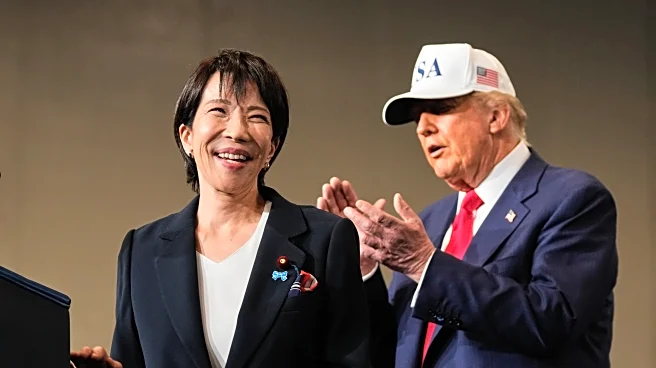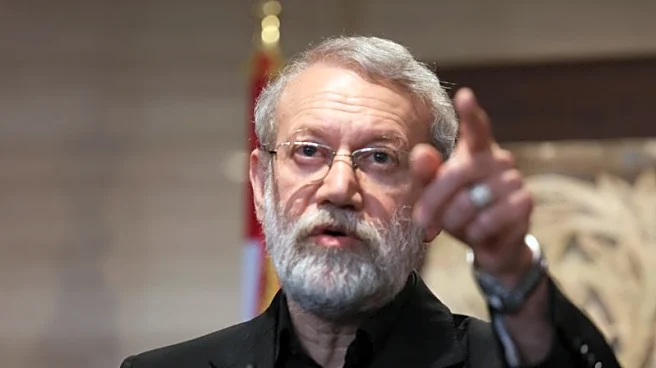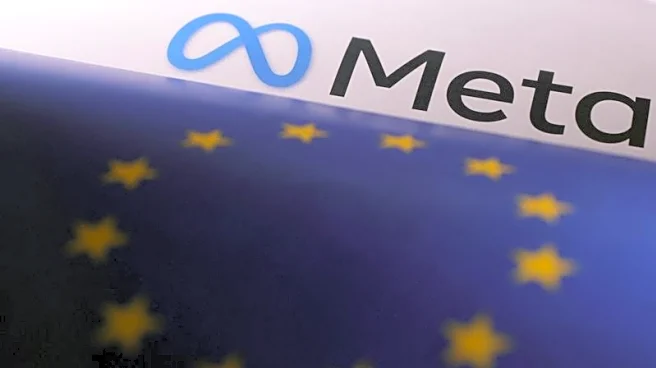Rapid Read • 8 min read
A new Kentucky state law, Senate Bill 181, which restricts personal electronic communication between public school employees and students, has sparked significant backlash. The law, effective since June 27, mandates that school staff and volunteers communicate with students only through traceable means, such as school emails or approved apps, unless explicit parental consent is provided. The legislation aims to prevent inappropriate sexual communication, following a history of misconduct cases linked to private communications. However, the law has faced criticism for its broad scope and potential to disrupt essential communication, particularly affecting high school sports teams and extracurricular activities. A petition against the law has gathered over 13,000 signatures, arguing it infringes on First Amendment rights and creates confusion among school employees.
AD
The law's implementation has significant implications for public school operations and the safety of student-teacher interactions. While intended to protect students, the law's restrictions could hinder effective communication necessary for mentoring and supporting students, especially in extracurricular contexts. The backlash highlights a tension between safeguarding students and maintaining functional educational environments. The American Civil Liberties Union of Kentucky is investigating potential constitutional violations, indicating possible legal challenges. The law's impact on public schools, contrasted with the lack of similar restrictions in private schools, raises questions about equity and the practicalities of enforcing such measures.
The law's sponsor, Sen. Lindsey Tichenor, has acknowledged concerns and pledged to refine the legislation in future sessions. Meanwhile, school districts are working to implement the law, with some facing logistical challenges in obtaining parental consent and setting up approved communication platforms. The ongoing petition and potential legal actions could influence legislative revisions or temporary halts in enforcement. Stakeholders, including educators and civil rights groups, are likely to continue advocating for changes to balance student safety with practical communication needs.
The law's focus on public schools raises broader questions about the consistency of child protection measures across different educational settings. The potential chilling effect on teacher-student relationships and the implications for student support systems underscore the need for careful consideration of policy impacts. The situation also highlights the complexities of legislating in areas involving technology and personal interactions, where unintended consequences can arise.
AD
More Stories You Might Enjoy












